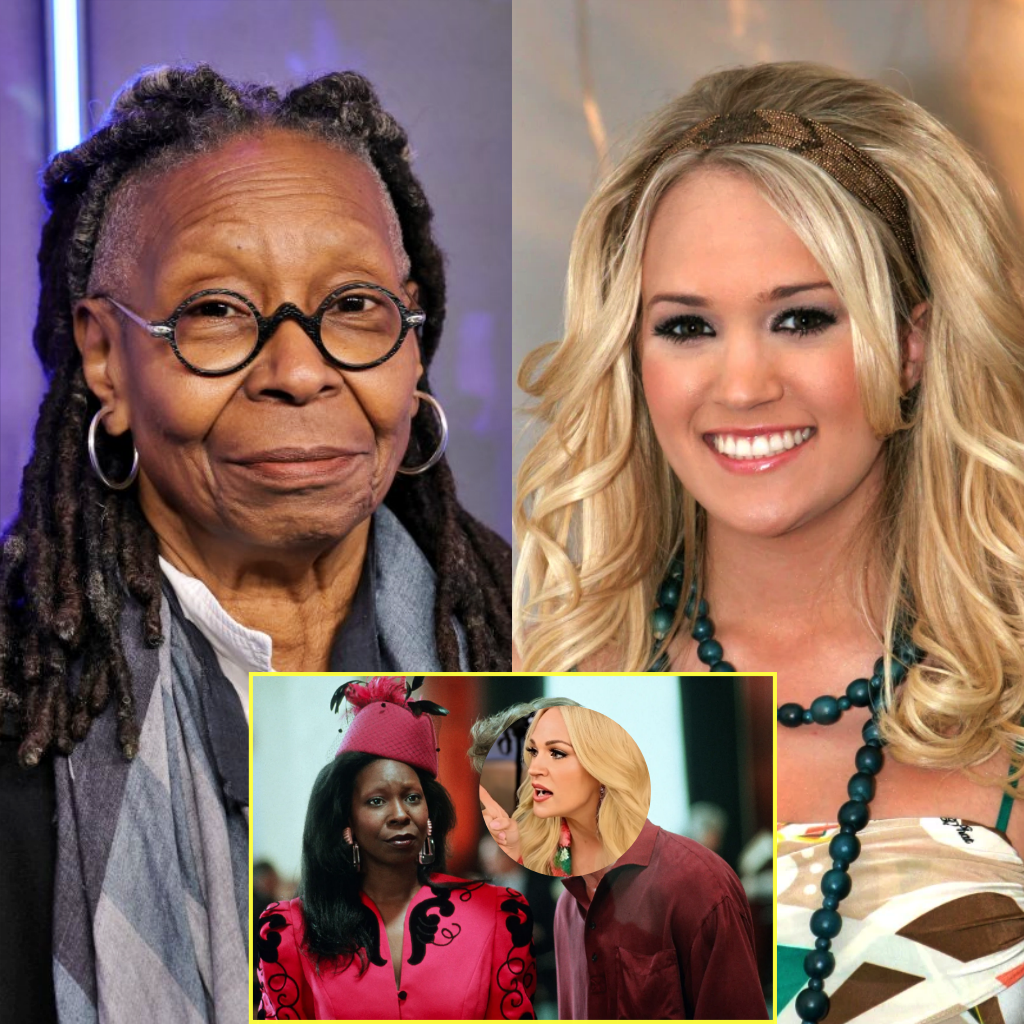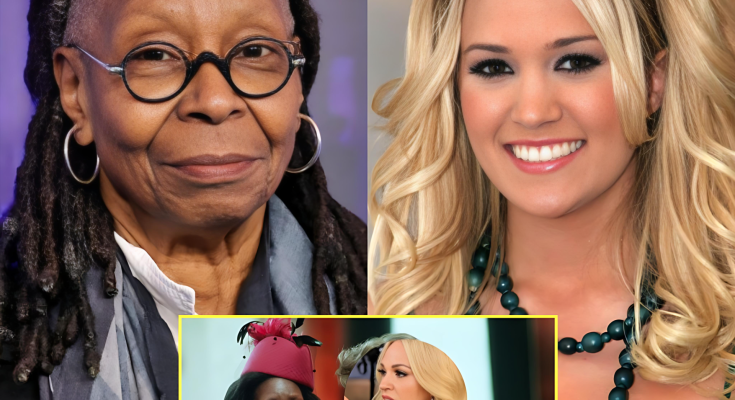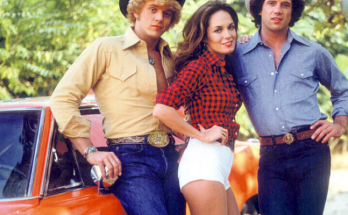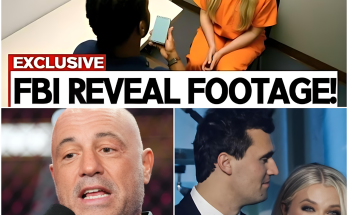
The usually lighthearted realm of daytime television has been jolted by a lawsuit that could reshape the boundaries of public commentary. Country music superstar Carrie Underwood is suing ABC and its flagship talk show, The View, for a staggering $50 million, accusing the program and co-host Whoopi Goldberg of intentional, malicious defamation.
The spark came during what was expected to be a routine roundtable discussion on The View. The conversation drifted toward Underwood’s public image, marriage, and career longevity—topics not unusual for the show’s freewheeling style. But then Goldberg delivered eight words that ignited the controversy:
“When are you going to stop feeding the public a lie?”
The comment, widely interpreted as a direct attack on Underwood’s authenticity and private life, instantly chilled the atmosphere in the studio. Whether meant as a provocative joke or pointed critique, the remark crossed a line for many viewers—blurring the boundary between sharp commentary and personal assault.
Strategic Silence, Then Legal Firepower
Rather than firing back with an emotional social media post, Underwood maintained silence in the immediate aftermath—a deliberate choice that allowed public opinion to rally in her favor. Within hours, the hashtag #StandWithCarrie surged across platforms, with fans demanding ABC issue an apology and hold Goldberg accountable.
Behind the scenes, Underwood’s legal team was preparing a more decisive response. Days later, they filed the $50 million lawsuit, alleging emotional distress, reputational harm, and defamation. The suit argues that Goldberg’s words were not a fair critique of Underwood’s artistry or public image, but a calculated attempt to damage her reputation for entertainment value.
In a statement accompanying the filing, Underwood made it clear this was about more than herself:
“This isn’t just for me. It’s for every artist, creator, and public figure who has ever been humiliated for ratings. We pour our hearts into our work, and we deserve better than to be treated as disposable fodder for controversy.”
Her message resonated beyond country music, drawing solidarity from actors, musicians, and media professionals concerned about the erosion of civility in broadcast commentary.
ABC in Damage Control
According to insiders, ABC executives were blindsided by the backlash. The network’s legal team began combing through transcripts, weighing the risks of a high-profile court battle. Although The View issued a short statement expressing “regret,” it did little to calm the public outrage. By then, the damage to the network’s image was already severe.
For The View, this lawsuit has become a flashpoint in an ongoing debate over where the limits of free speech and satire should lie in mass media. While the program has built its brand on blunt, unscripted conversation, critics say Goldberg’s comment veered into personal attack—something far different from political critique or entertainment gossip.
A Broader Cultural Reckoning
Media law experts see the Underwood case as potentially precedent-setting. Janet Klein, a prominent media attorney, argues this is not about stifling commentary but demanding professional responsibility:
“When you have a platform that reaches millions, your words carry enormous influence. This lawsuit could send a message that with that power comes accountability.”
Klein also warns of a growing tendency for personal attacks to be dressed up as “comedy” or “edgy journalism,” making it harder for audiences to distinguish between satire and slander. If Underwood wins, Klein believes more public figures—especially women—may pursue legal action against networks for statements that damage reputations under the guise of entertainment.
Such an outcome could force high-profile hosts, including late-night comedians and political satirists, to rethink the legal risks of unscripted barbs.
The Larger Problem
The scandal underscores a broader issue: the normalization of character assassination in modern media. While public figures expect scrutiny of their work and public actions, relentless focus on their private lives can easily veer into territory that is deeply harmful and often irrelevant to their careers.
For Underwood, this moment represents more than an isolated insult—it’s a stand against what she and many others see as a systemic problem. The calculated nature of the remark, paired with the platform on which it was delivered, elevated the harm beyond casual gossip.
Television personalities today wield unprecedented influence, amplified by viral social media cycles. A single on-air statement can spark international headlines within minutes, shaping public opinion before facts can catch up. In this environment, Underwood’s case highlights the danger of flippant remarks made without consideration for their long-term consequences.
More Than One Battle
Whether or not she prevails in court, Underwood has already reframed the conversation about media responsibility. Her case spotlights the urgent need for a cultural reset in broadcast commentary—where wit and critique do not come at the cost of basic human dignity.
In an era where celebrity missteps are treated as entertainment currency, her lawsuit is both a personal defense and a call to arms against the creeping culture of cruelty. It challenges not only The View, but an entire industry that often thrives on the spectacle of public humiliation.
For millions watching, Carrie Underwood’s fight is a reminder that behind every headline-grabbing soundbite is a human being whose reputation and livelihood can be irreparably harmed. And in the court of public opinion, as much as in a court of law, that is a price worth defending.



